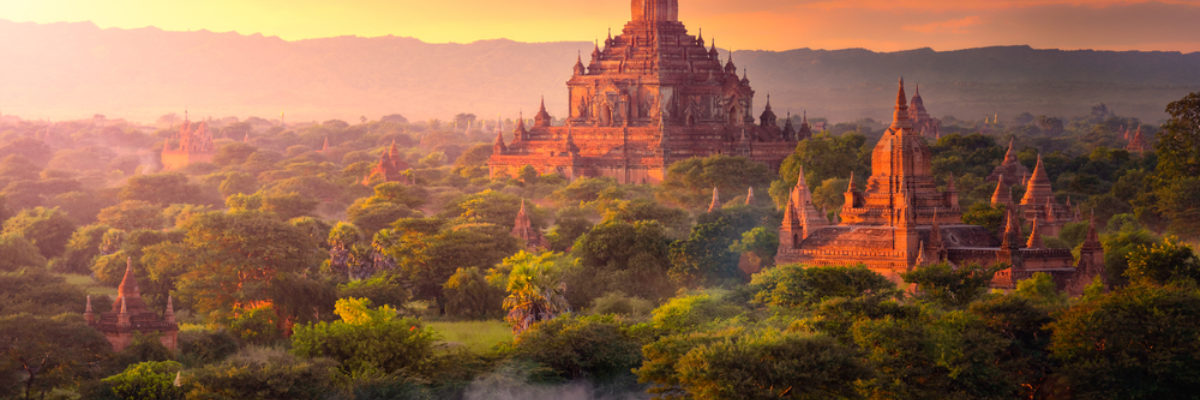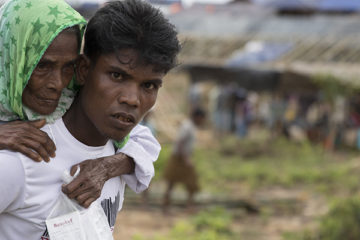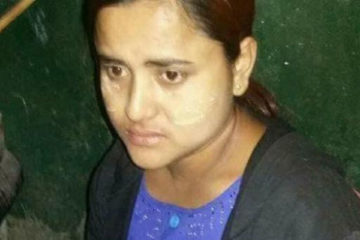About Burma
After six decades of military rule and five years when the pro-democracy party the National League for Democracy shared power with the military in Burma [1], the Burmese military launched another coup in February 2021, planning to retake direct control of the country.
Thanks to the resistance of the people of Burma, using a combination of armed struggle, strikes, peaceful protest and economic boycotts, that plan failed.
For the first time since seizing power in 1962, the military are in a fight for their survival, losing control of more territory every day.
In response, the military have been waging a brutal war against the people, killing thousands, bombing homes, schools and hospitals and forcing more than 2.5 million people to flee their homes, with 20,000 political prisoners in jail.
In areas freed from military control, new administrations are being established to provide services to local people.
The Burmese military continues to receive significant revenue, arms and equipment from overseas, helping to prolong its survival.
Burma Campaign UK
Burma Campaign UK is part of a global movement campaigning for human rights, democracy and development in Burma. They play a crucial role in co-ordinating the international campaign for human rights, mobilising action to cut money and arms going to the military, and helping to secure sanctions on military companies.
Take action
You can find all the latest actions on the Burma Campaign UK website.
The right to education in Burma
After the coup, tens of thousands of teachers joined the Civil Disobedience Movement (CDM) to resist military dictatorship. Many students and teachers have been on strike and boycotting the public education system run by the military government.
In response, the military run education ministry sacked more than 120,000 of the country’s teachers in May 2021. More than 270 education department employees in the CDM have been charged or sentenced under Section 505A for incitement.
In areas freed from military control, new administrations are being established to provide services, including health and education, to local people.
Rohingya refugees in Bangladesh have very little access to education. There are tens of thousands of Rohingya children in refugee camps in Bangladesh, where schools have been closed by the authorities.
Free Burma’s imprisoned teachers
There are thousands of political prisoners in jail in Burma. The military continues to arrest and imprison activists, teachers, journalists, lawyers, community leaders and civilians: anyone who stands up against the military coup.
Footnote
[1] Burma or Myanmar? See https://burmacampaign.org.uk/about-burma for further information.



